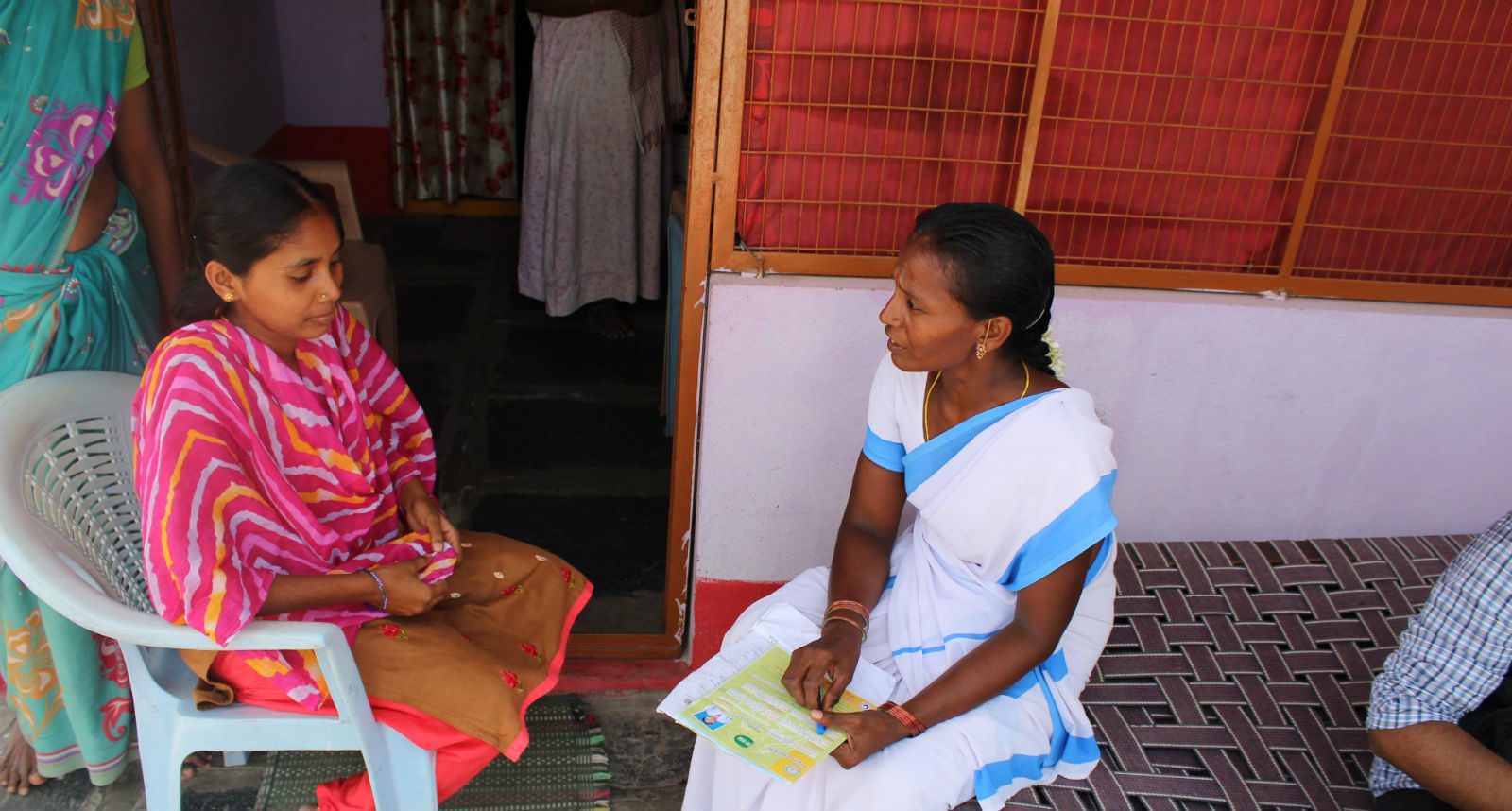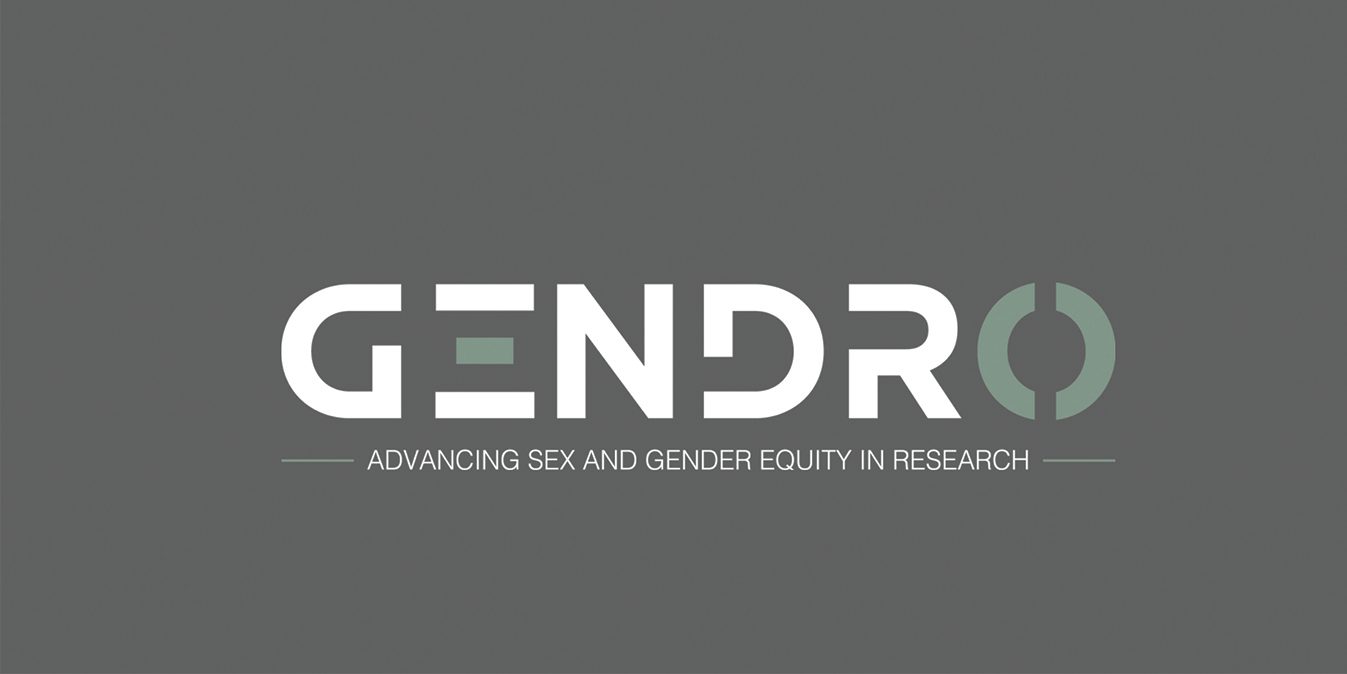The George Institute for Global Health has signed on to calls for gender-responsive research, and for governments to put gender equality at the centre of COVID-19 preparedness, response, and recovery.
Colleagues from the Institute joined the GENDRO call for a renewed commitment to gender-responsive research for health equity and human rights in the context of the COVID-19 pandemic by signing on to this action statement.
In recognition of our collective responsibility to shape the trajectory of our present and future efforts to fight global pandemics, GENDRO calls to promote the generation of gender-sensitive evidence to create more equitable responses to the impacts of COVID-19 on women, men and gender diverse persons globally.
The statement outlines four key asks:
- Sex- and age-disaggregated data on COVID-19 must be systematically collected and reported, and research must be designed and conducted in a way to allow meaningful gender analysis of safety, efficacy and effectiveness of diagnosis tools, drug or vaccine candidates.
- Data analysis and research on the social, economic and human rights impact of COVID-19 must systematically consider gender and other dimensions of inequality.
- Peer-reviewed publications of COVID-19 related research must present all data disaggregated by sex and age and articulate other gender considerations.
- Research funding agencies and ethics committees must be diligent in ensuring a gender-sensitive approach to research.
GENDRO is a not-for-profit organisation based in Geneva, with the mission of advancing equity through the integration of sex and gender dimensions in research across disciplines.
Join our Principal Director, Professor Robyn Norton, and other George Institute colleagues and endorse GENDRO’s statement here.
The George Institute is one of 600 organisations spanning 100 countries to have supported the Deliver for Good campaign’s open letter calling on global decision-makers to put girls, women, and gender equality at the centre of the COVID-19 response.
The letter calls on the UN and national government leaders ‘to commit both in words and action to placing gender equality and girls’ and women’s health, rights, and wellbeing at the heart of all COVID-19 normative guidance, programs, and investments and by applying a gender lens, including a gender marker, to all efforts’.
The campaign calls on governments to take the following actions:
- Apply a gender lens in all guidance, programs, and investments related to COVID-19
- Guarantee inclusive and diverse representation in decision-making and leadership for COVID-19 response and recovery
- Uphold girls’ and women’s human rights in health as providers and recipients of care
- Maintain and expand critical gender-based violence services and interventions
- Ensure sustained, equitable, and quality education during and after the COVID-19 pandemic
- Support economic justice and resilience for women
Read the full version of the open letter here.




